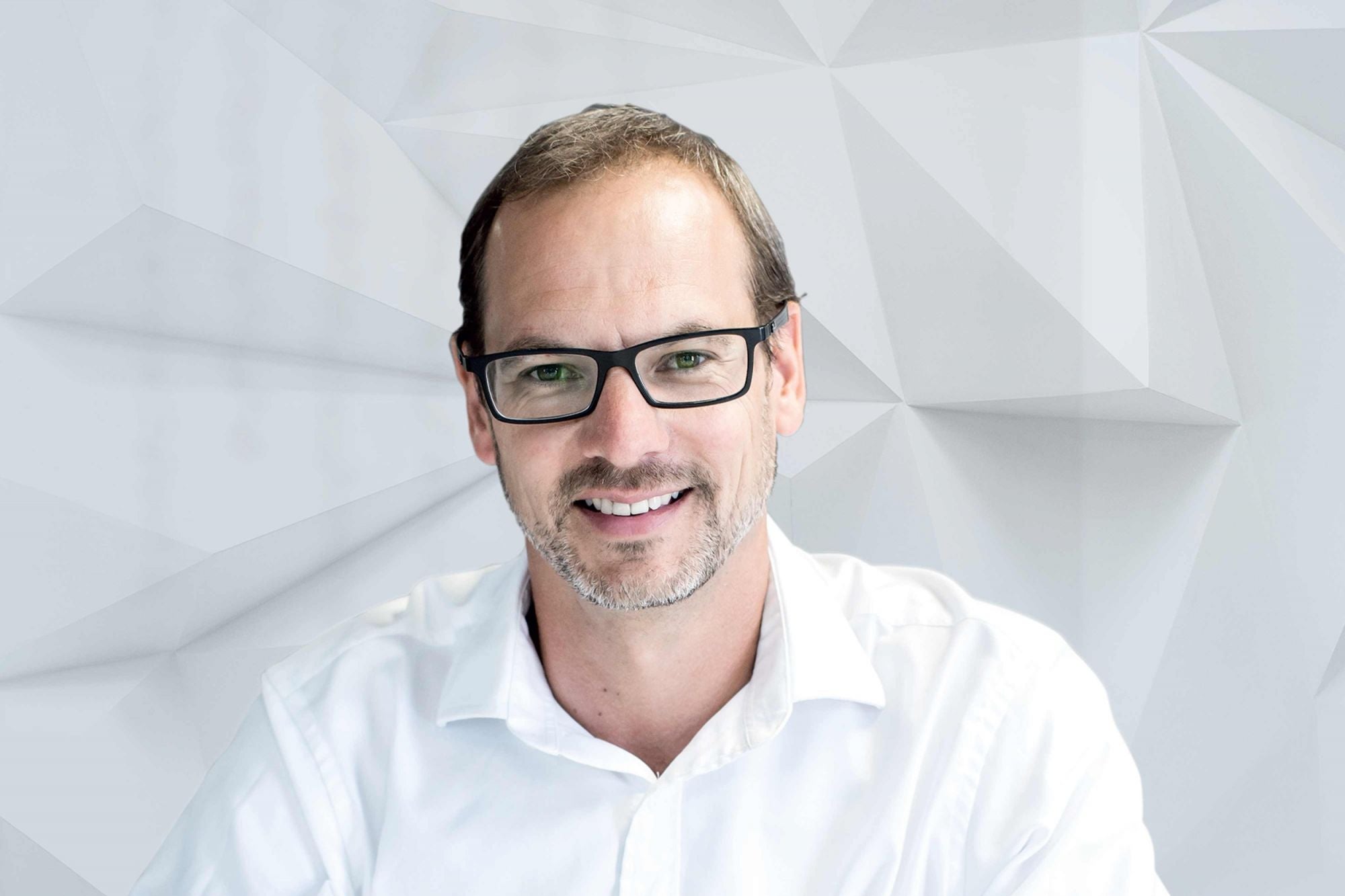Knife Capital co-founder Keet van Zyl speaks on the firm’s Knife Fund III fund for growth-stage South African startups.
Knife Capital recently closed its $50 million expansion fund, ‘Knife Fund III.’ The VC firm will use Knife Fund III for the “expansion of African innovation-driven companies.” It will also power follow-on funding for some of Knife Capital’s portfolio companies. TechCabal spoke to Keet van Zyl, co-founder of the Cape Town-based venture capital firm, to understand how the firm plans to deploy its new fund. get
TechCabal: What sectors and companies will Knife Fund III focus on?
Keet van Zyl: The fund will consider investments in B2B companies that are globalising South African technologies and opportunistic investments in the rest of Africa. The specific focus will be on growth and expansion stage companies at Series A extension and Series B funding stages.
In terms of sectors, we will be looking at fintech, platform businesses, software, and tech-enabled business services. The typical investment size of the fund will be $3m to $7m as lead investor and through co-investment with other credible funders across the continent.
The investments will take the form of a subscription for shares in the investee, resulting in a significant minority position. Reasonable control will be exercised through a board seat, robust minority protections and a milestone-based investment approach.
How long did it take to close the fund and what challenges did you face in raising the fund?
KvZ: It took a really long time. About two and a half years in the end. COVID caused delays and we did pause the fundraising efforts deliberately for a while. It is actually quite complex to combine international and local funders into the same fund that has a focus on South Africa for many reasons unique to this market.
While many funders seek exposure to South African entrepreneurial endeavours, there are macroeconomic factors to consider when investing here. It is one thing to pass due diligence but another to get several funders into the same vehicle. So we spent some time enabling that with local and offshore optionality.
How did you overcome those challenges?
KvZ: We had an initial fund close with early fund commitments, a second and final close on June 30, 2023. This allowed us to start due diligence processes and start investing before the final close. We have a group of amazingly supportive funders and they walked the journey with us. We also had great advisors through the process and it does help that some of our Knife Partners are based in the UK to enable the offshore structures with real substance.
For startups looking to raise from Knife Fund III, what are some of the factors you will be considering before writing checks?
KvZ: We look for mainly 3 broad themes: 1) An awesome product/service; 2) A large addressable market for that product/service; and 3) An entrepreneurial team with the ability to execute the growth of an awesome product/service into the large market. This naturally has many elements, but important to note that a good product/service does not necessarily equal a good company, and a good company does not automatically translate to a good VC investment.
Knife Capital looks at many elements before writing checks, but the companies who get there show early traction, have a path to positive unit economics, are capital efficient, can demonstrate a high growth rate towards sustainability and would be acquirable by a potential exit partner universe at a financial return that makes it all worthwhile.
There has been some concern about SA startups exiting too early, with some experts citing a lack of capital for follow-on rounds as a reason. What role will Knife Fund III play in solving this problem?
KvZ: Support to SA startups at the early growth stages is key to advancing innovation, job creation, and economic growth in the country. Despite their immense potential, promising South African startups that have managed to grow beyond the Series A funding stage often struggle to find the capital they need to scale further and take their innovations into the rest of Africa or to a global level.
Sometimes when startups try to raise growth capital, they turn to strategic investors who seize the opportunity and make a full acquisition offer. Knife Fund III will assist in closing this funding gap – but much more needs to be done to back our best businesses as they scale continuously. There is still however a massive seed funding gap in SA.
Knife Capital has a record of exits. How will this fund work in facilitating the continuation of that reputation?
KvZ: Knife Capital has a proven record of exit-centric business building and preparing South African technology startups for strategic acquisition by the likes of General Electric, Visa, Garmin and Uber Eats. It successfully divested its entire Fund I, which is a rare achievement in the African venture capital space. Fund II has started with some exits and a few more are being worked on at the moment.
In Fund III we will use our skillset and experience in applying what we learnt in building sustainable high-growth businesses and negotiating exits, as exits rarely just happen.
South Africa dropped down the ranks of attractive VC destinations on the continent. Can Knife fund III turn around the country’s fortunes?
KvZ: Yes for sure. I don’t really see it as a competition vs other ecosystems in terms of deploying funds or attracting huge volumes of VC. Each country has its unique environment with challenges and opportunities for entrepreneurs. Because of scarcity, South African entrepreneurs just had to be more capital efficient – a metric that is standing the local scale-ups in good stead in a global downturn.
What is the role of growth capital in helping to build a more resilient and valuable startup ecosystem in SA?
KvZ: Capital is an enabler for growth in a disruptive startup, as are other things like product, customers, team and business model. Any VC ecosystem needs it to build resilience and recycle the capital back into the ecosystem for a virtuous cycle.
In terms of deployment of the fund, what’s next?
KvZ: We are closing out on legal docs for two further investments at the moment, and there are a few concurrent due diligence exercises running. The pipeline is robust so there will be some steady deployment flows. We are also working on some exits for Fund II.
What is next for Knife Capital?
KvZ: To continue sharpening our operations as a fund manager across each pillar of our >> ‘Find, Make, Grow, Realise’ investment cycle. Ultimately, Knife Capital aims to contribute to building a credible venture capital asset class across the continent.
And in order to do so we need to continue catalysing sustainable businesses and returning capital to investors with returns commensurate to the risk of VC. We are also looking at our structures and partnerships to evolve and innovate as a business. This includes our Grindstone Accelerator.
Interview has been edited for length and clarity.





















